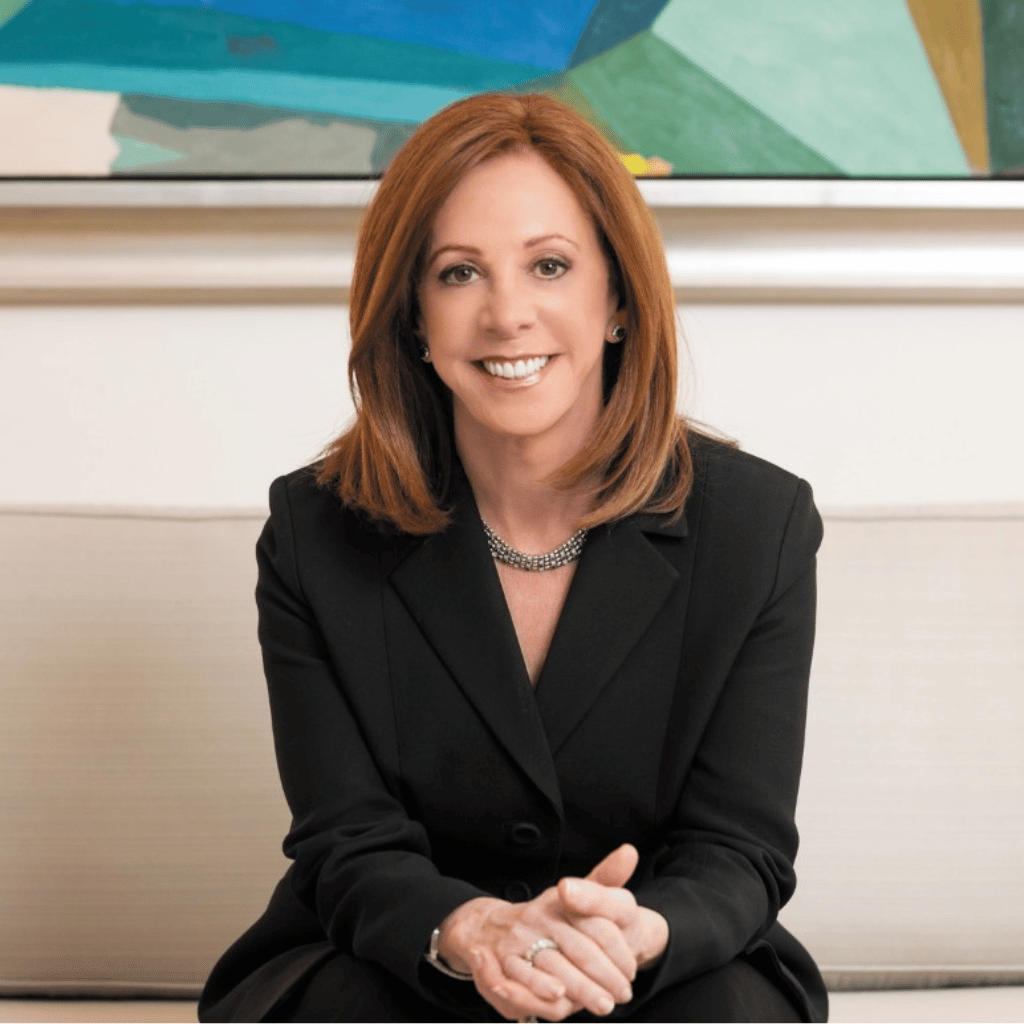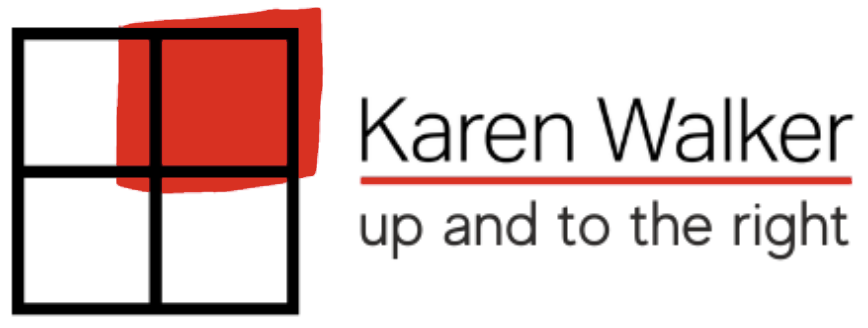
Radius Recycling (SCHN), recently named the world’s most sustainable company, is a $2.5 billion organization with more than a century’s expertise in metals recycling. As one of North America’s largest manufacturers and exporters of recycled metal products, the company’s integrated operating model advances a circular economy where metals never become waste and are redesigned into new products.
Tamara Lundgren is the chairman, president and CEO of Radius Recycling, previously known as Schnitzer Steel Industries, Inc. Lundgren joined the company in 2005 as chief strategy officer and held positions of increasing responsibility, becoming executive vice president and then chief operating officer before advancing to her current position of CEO.
The company (originally known as The Alaska Junk Company) was founded in 1906 by a Russian immigrant named Sam Schnitzer, who focused on metals recycling. He was a one-person metal scrap recycler, seeing value where other people saw waste.
The name has evolved with the business. It was Schnitzer Steel until July 2023, when it was rebranded to Radius Recycling to better reflect the largest part of the business – recycled metal. Today, the publicly traded company is a component of the Russell 2000 Index and has approximately 3,500 employees.
Lundgren said, “Many people don’t understand the vital role of metal in society and civilization. The use of metal and the rise of civilization are highly correlated. For example, steel is the most recycled commodity in the world. There’s more steel recycled every year than glass, paper, plastic and wood combined. Unlike paper, which ultimately dissipates once recycled too many times, steel can be recycled infinitely.”
The company also recycles nonferrous metals like copper and aluminum, metals which are increasingly important as the world transitions to low-carbon technologies.
The World’s Most Sustainable Company
At the World Economic Forum in January, the company was awarded the title of “the world’s most sustainable company“ by Corporate Knights, which assesses the environmental impact and sustainability aspects of thousands of companies.
“The recycling aspect of what we did caused us to vault to the top,” said Lundgren, who launched the rebranding when she returned to the U.S. after receiving the award.
The company was also named one of the U.S.’s most influential 100 companies by Time magazine in 2023.
The industry is responsible for 8% of global CO2 emissions; Radius’ facilities are run by net-carbon-free electricity, and it has reduced greenhouse-gas emissions by 24% since 2019, Time reported. Last year it introduced net-zero-carbon GRN Steel products—carbon offsets and renewable-energy credits address manufacturing emissions—proving that sustainable steel can be feasible and profitable.
Lundgren said, “The transition to low-carbon technologies and its success is linked to our ability to recycle metals. The low-carbon technologies, like electric vehicles and solar and wind power, are all more metal-intensive and Radius makes some of the world’s lowest carbon, net-carbon-free steel.”
Incorporating Environmental and Ethical Considerations
The company was recently recognized by Ethisphere as one of the World’s Most Ethical Companies for the ninth consecutive year.
Since it has earned such prestigious accolades, how does the company incorporate environmental and ethical concerns?
Lundgren explained, “We start with our core values: safety, sustainability and integrity. Those three initials were the same as our previous name, Schnitzer Steel Industries. While changing our name, we are not changing our core values. By continuing to use SSI, it’s one way for us to continue to honor the legacy of our company.”
The company was founded on a philosophy of a broad-based engagement with a diverse workforce and long-standing focus on safety and sustainability. Lundgren says, “There isn’t an ethical way of doing something. There isn’t a safe way of doing work and a regular way of doing it. It’s just how we operate. We do a lot of training in the areas of ethics and control and conflicts.”
As a global business, Radius Recycling sells its recycled metals to 20 to 25 countries every year. Paying attention to compliance and ethics are core to their business processes.
There is both a chief compliance and a chief ethics officer in the organization, and the roles have evolved over time. For example, “When the compliance role started, it focused on anti-corruption. We’ve now broadened it to include compliance with environmental regulatory laws,” Lundgren said.
100 Operating Facilities, 3500 Employees in North America
The company operates auto parts recycling, metal recycling, and steel manufacturing with locations in 26 states and two Canadian provinces, plus Puerto Rico, including the Pick-n-Pull auto parts recycling chain with 51 locations. Steel manufacturing is through the Cascade Steel Rolling Mills plant in McMinnville, Oregon, which Radius owns.
Its employees are in the company’s 100 operating facilities. “Half are metals recycling facilities, and the other half are Pick ‘n Pull facilities,” said Lundgren, describing the auto dismantling operation. “Pick n’ Pull is a brand name. We buy hundreds of thousands of end-of- life vehicles every year. We’ve got facilities where we line the vehicles up, and people come in and ’pick n’ pull.’ When the valuable parts have been picked off the car, we flatten it and recycle it in one of our 51 locations.”
The Future: 3PRtm, Branded Third-Party Recycling
Lundgren noted the changes ahead for the company in the form of 3PRtm, branded third-party recycling. The concept is like 3PL (third-party logistics) used in the industrial and retail sectors. Retail and industrial companies now want to report on their environmental impact.
“We took the 3PL idea and created third party recycling and tracking because we are seeing many companies who want to know what goes through their supply chain, whether in production or sales. Several years ago, companies like Walmart announced that they wanted to be zero landfill in the future. The only way to do that is to understand what is going into landfill now,” Lundgren says.
Leadership: Communication is Key to Engagement
Before coming to Schnitzer, Lundgren was a managing director at J.P. Morgan and Deutsche Bank in London and New York, and a partner in a law firm.
Her nonprofit work is equally impressive: Lundgren is on the board of directors of the Federal Reserve Bank in San Francisco and the U.S. Chamber of Commerce. She is also a member of the President’s Advisory Committee for Trade Policy and Negotiations.
Lundgren said that good communication is vital to her leadership style. She said, “I encourage a lot of discussion. When looking at opportunities, I like seeing all sides of an issue.”
She also likes to utilize a variety of different channels for communication. When COVID hit in March 2020, Lundgren started writing a weekly email to all employees. She says, “I have been writing a Sunday message which is informally called ‘my Sunday sermon.’ That’s one way that I share what’s on my mind with our employees and hear back from them about what’s on their minds.”
She also holds a virtual monthly ‘CEO open office hours’ session and a virtual town hall every quarter. Lundgren concludes, “We find many ways to communicate with people, and I think that that has enabled us to continue to increase our engagement.”
